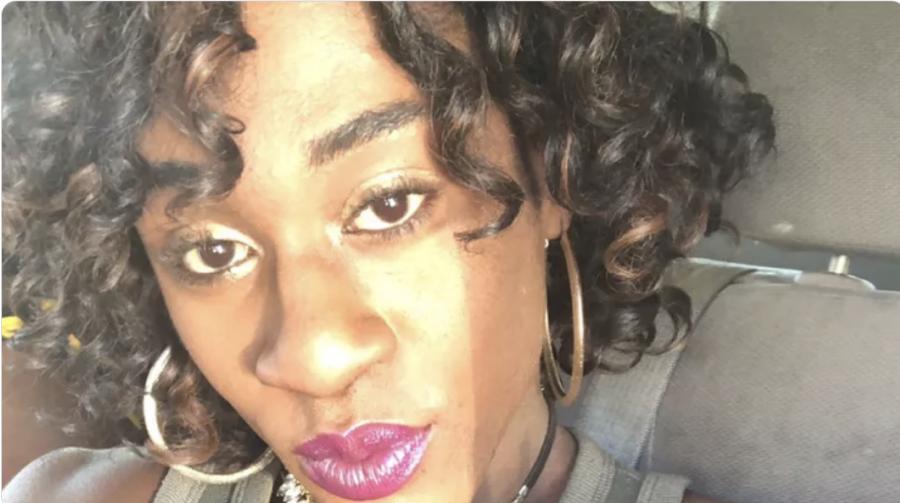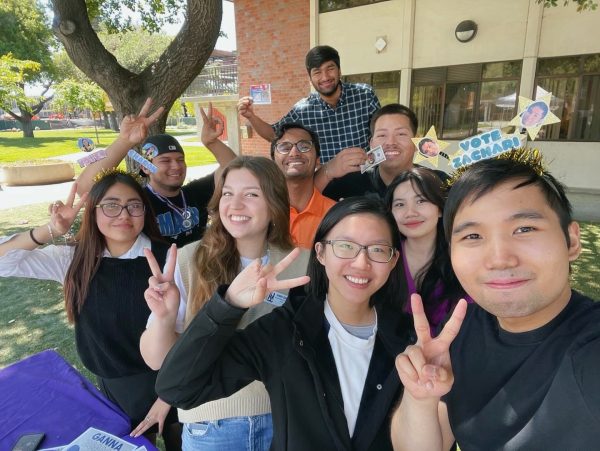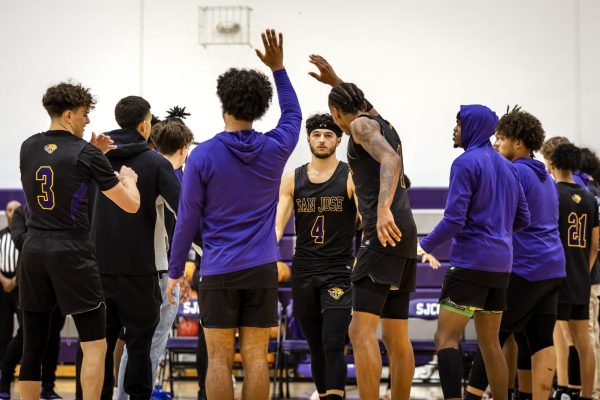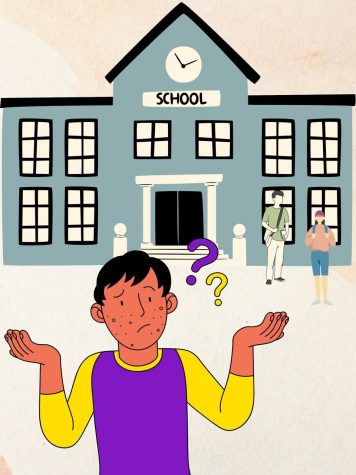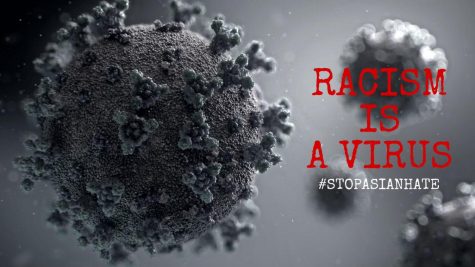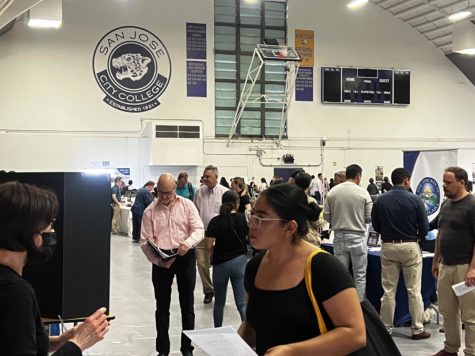America’s war on Black trans women
The treatment of transgender women of color in our country
Being Black in America is already a war in itself. Prejudice against those who are both Black and transgender or gender non-conforming is another problem entirely. In recent years, hate crimes against Black trans women have been on the rise. In the summer of 2020, nine Black trans women, all under the age of 32, were found murdered in the span of just nine days.
Naoime Skinner, 25, was shot and killed by her boyfriend this past February in Detroit. It was the fourth slaying of a Black trans woman this year. Many of Skinner’s loved ones remembered her as “someone who loved to live a fabulous life” on a GoFundMe page.
Chanelika Y’Ella Dior Hemingway was a Black trans woman who had just graduated from the University of Albany and was a recipient of the 2022 Spellman Academic Achievement Award. However, she was killed in May at her home in Albany, New York, just days after celebrating her 30th birthday.
“She was always proud of who she was and so was I,” said her mother in an interview with a local news outlet in Albany.
Skinner and Hemingway are just two examples of the many transgender lives that were tragically taken this year from gun violence. According to the Human Rights Campaign two-thirds, or 69 percent, of all deaths relating to transgender and gender non-conforming individuals involved a firearm since 2013. In nearly half of those cases, the killer remains unknown or at large, and no arrests have been made. Their blackness also leaves them especially vulnerable, as African Americans experience 10 times the amount of gun-related homicides, according to gun-safety nonprofit Everytown for Gun Safety.
In this year alone, approximately 32 transgender people were murdered or were targets of other types of violence, a group mostly comprised of young Black and Latinx individuals. “Approximately” is the key word here, as deaths like these typically go misreported or unreported entirely.
And yet, these hate crimes are merely emblematic of broader attitudes towards transgender and especially Black transgender individuals.
For example, former President Donald Trump’s administration reversed Obama-era regulations barring discrimination based on race, color, national origin, sex, age or disability in healthcare, a change that disproportionately affects those at the intersections of those groups – namely transgender people of color.
Our legal system established in America has only now started to protect the lives of the LGBTQ+ community. Advocates for the queer community have lobbied for decades for more equality under the law, most notably culminating in the legalization of same-sex marriage and the military allowing the openly gay to serve.
This past Februrary, lawmakers passed the Equality Act of 2019, a bill that would amend the Civil Rights Act of 1964 to prohibit discrimination on the basis of sex, sexual orientation and gender identity in employment, housing and education.
Even with the many changes to the law, there are still so many issues faced by members of the LGBTQ+ community, especially transgender and gender non-conforming individuals. Issues, which unfortunately often result in deadly outcomes.
These innocent victims were real people with goals and ambitions they wanted to pursue and accomplish, with loved ones they no longer get to spend time with.
“They’re black, they’re transgender, and they’re women. Each of those distinct identities means that they face discrimination, prejudice and inequities on multiple fronts,” said Kerith Conron, Blachford-Cooper Distinguished Scholar and Research Director, from the Williams Institute at UCLA.
Your donation will support the student journalists of San Jose City College. Your contribution will allow us to purchase equipment and cover our annual website hosting costs.

